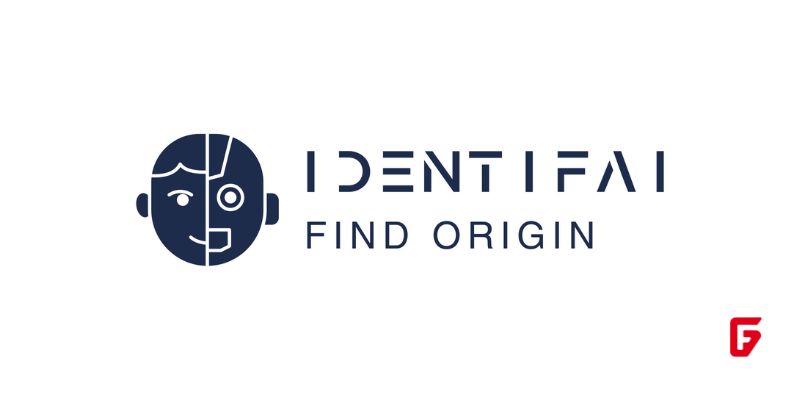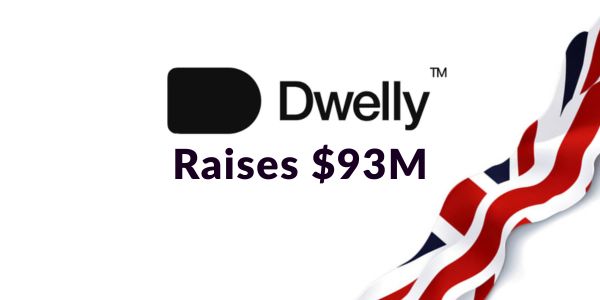Startups & Business News

The rise of deepfakes—highly realistic AI-generated images, videos, and audio—poses a growing threat to digital authenticity and public trust. Milan-based startup IdentifAI has stepped up to address this challenge by developing an AI-driven platform designed to detect and expose manipulated media. Recently, the company secured €5 million in funding led by United Ventures to accelerate the expansion and refinement of its technology.
How IdentifAI Tackles the Deepfake Threat
IdentifAI’s platform analyzes diverse digital content—including images, videos, and audio—to distinguish between genuine and AI-generated materials. Leveraging sophisticated machine learning algorithms, the system compares submitted files against established patterns, artifacts, and characteristics unique to AI-generated content. This advanced detection capability allows individuals, media organizations, governments, and financial institutions to identify deepfakes swiftly and accurately, helping curb misinformation and digital fraud.
The company’s technology is designed to evolve in real time, continuously adapting as new generative AI models emerge. This dynamic responsiveness is critical given how rapidly AI content creation tools are advancing, making detection increasingly complex. Co-founder Marco Castaldo highlights that their cybersecurity expertise underpins their approach, enabling them to understand and counter the risks associated with emerging technologies.
Strategic Growth and Market Expansion
With the fresh capital injection, IdentifAI plans to expand operations across key European and U.S. markets, grow its team of AI and cybersecurity specialists, and accelerate research and development efforts. This focus on continuous improvement aims to enhance detection accuracy and broaden the platform’s applicability across sectors vulnerable to manipulated media attacks.
The company’s innovative approach positions it among Europe’s leading players in combating AI-driven disinformation, responding proactively to one of the most pressing challenges created by AI itself—the blurring line between real and synthetic content.
Broader Impact and Use Cases
Beyond media verification, IdentifAI’s technology supports efforts in protecting financial services from fraud, securing governmental communications, and assisting platforms in maintaining content authenticity. By offering reliable, fast, and evolving deepfake detection, the platform contributes to restoring trust in digital environments increasingly plagued by sophisticated synthetic media.
The ongoing rise of deepfakes marks a critical technological and societal challenge, and IdentifAI’s AI-powered detection platform represents a vital defense mechanism in safeguarding truth and authenticity in the digital age.

futureTEKnow
Editorial Team
futureTEKnow is a leading source for Technology, Startups, and Business News, spotlighting the most innovative companies and breakthrough trends in emerging tech sectors like Artificial Intelligence (AI), Robotics, and the Space Industry.
Discover the companies and startups shaping tomorrow — explore the future of technology today.
Most Popular
Trending Companies
Latest Articles

Dwelly Raises $93M to Supercharge AI-Powered UK Rentals Roll-Up
London startup Dwelly just landed $93M to snap up UK rental agencies and inject AI smarts. Founders from Uber and

Encord Raises $60M Series C: Fueling Physical AI Data Wave
Encord just landed $60M in Series C funding to supercharge data tools for physical AI. Founders Eric Landau and Ulrik

Foodforecast Raises €8M Series A to Slash Ultra-Fresh Food Waste with AI
Foodforecast, a Cologne AI foodtech firm, just scored €8M in Series A funding led by SHIFT Invest. Their tools predict

AI-Driven Operational Excellence: How Leaders Scale Ownership, Discipline, and Continuous Improvement in 2026
In 2026, AI scales operational excellence fundamentals—clear ownership, disciplined execution, and continuous improvement—letting leaders focus on outcomes while systems handle

VoiceLine raises €10M to scale voice AI for enterprise frontline teams
Munich-based VoiceLine has closed a €10M Series A round to grow its voice AI platform for frontline sales and service

AI-Driven Logistics & Distribution Transformation: From Insight to Scalable Impact
AI is redefining logistics transformation—from network design to real-time execution. This article explores how data-driven insight, intelligent automation, and scalable

Hai Robotics Hong Kong IPO: From Startup Funding to Warehouse Robot Leader
Shenzhen’s Hai Robotics, pioneer in ACR warehouse robots, files for HK IPO after raising over $500M in funding rounds led

AI-Enabled Process Engineering & Continuous Improvement: Designing Systems That Learn
Explore how AI transforms process engineering and continuous improvement into self-learning systems. This article explains how organizations can design operations

Ouster Acquires StereoLabs: Unified Physical AI Sensing Platform Launches
Ouster’s $35M StereoLabs acquisition fuses lidar and ZED cameras into end-to-end Physical AI sensing. Founders Cecile Schmollgruber and team drive

Bretton AI Lands $75M Series B Funding to Scale AI Agents for Financial Crime and AML/KYC Compliance
Bretton AI’s $75M Series B modernizes AML KYC compliance via AI agents, slashing staffing costs for banks and fintechs like

Axiom Space Raises $350M to Build Commercial Space Station and NASA Spacesuits
Axiom Space has locked in a fresh $350M raise to push its commercial space station and NASA lunar spacesuits toward

Santé Raises $7.6M Seed: AI Fintech Revolution for Wine and Liquor Retail
New York startup Santé secures $7.6M seed to build AI-powered POS for liquor stores, tackling regs & inventory woes after
futureTEKnow is focused on identifying and promoting creators, disruptors and innovators, and serving as a vital resource for those interested in the latest advancements in technology.
© 2026 All Rights Reserved.
![Discover the top 10 AI companies in Germany [1st Edition], revolutionizing industries with cutting-edge technology and innovations.](https://futureteknow.com/wp-content/uploads/2025/02/Top-10-AI-Companies-in-Germany-Leading-the-Tech-Revolution-futureTEKnow.jpg)







